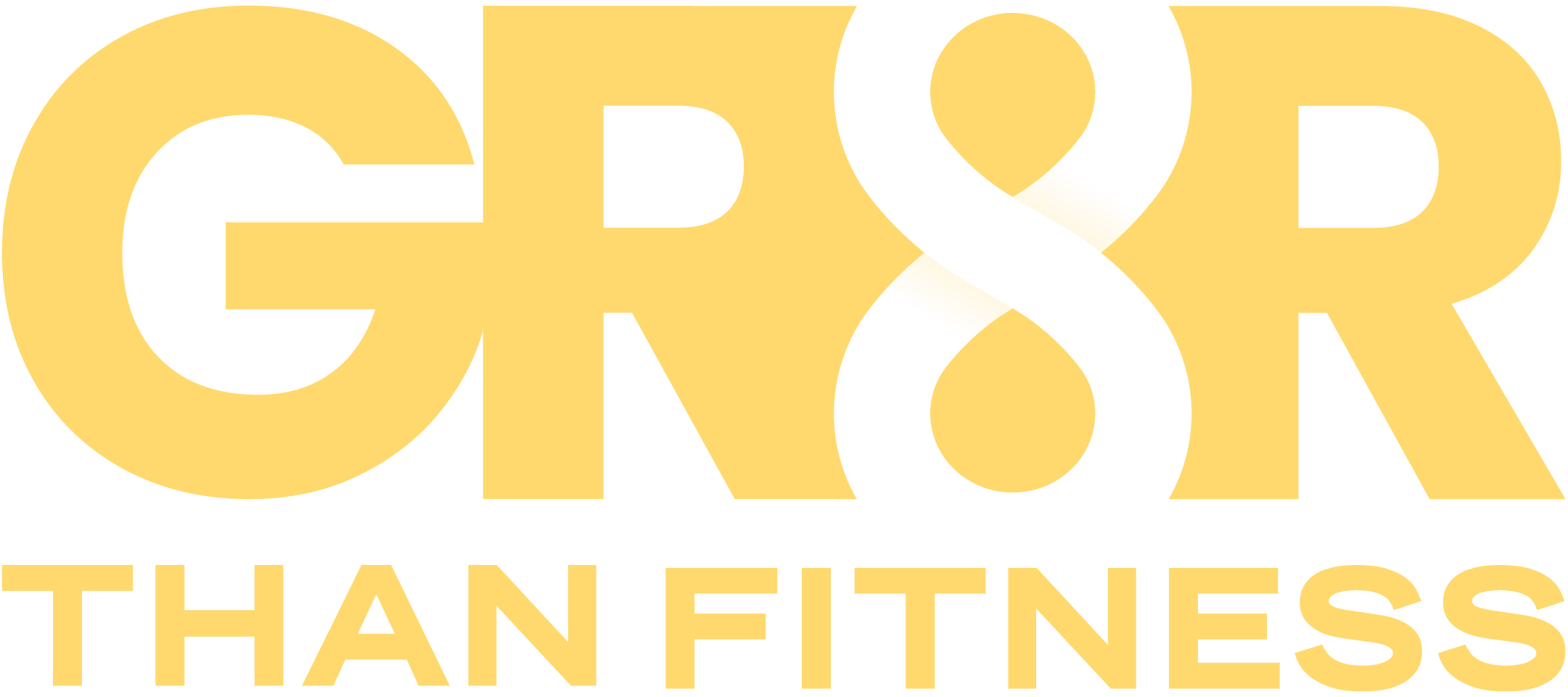Your basket is currently empty!
Exercise and Heart Health: A Comprehensive Guide
GR8R is a call to action. A movement to get people to recognise their worth and overcome the challenges that lie between who they are and who they want to be. Join us in removing the barriers to activity and encouraging anyone to active, anywhere, and anywhen.
·

Engaging in regular exercise is essential for maintaining optimal heart health. A consistent fitness routine can provide numerous cardiovascular benefits, including:
- Decreased Blood Pressure: Regular physical activity helps lower blood pressure, reducing strain on the heart.
- Lower Diabetes Risk: Exercise plays a significant role in preventing type 2 diabetes, a major risk factor for heart disease.
- Healthy Body Weight Maintenance: Staying active helps manage weight, which is crucial for heart health.
- Reduced Inflammation: Regular exercise alleviates inflammation throughout the body, contributing to overall wellness.
The Heart-Healthy Benefits of Exercise
Experts emphasize that exercise is a powerful tool for managing and mitigating various risk factors associated with heart disease. Additionally, individuals who exercise regularly are less likely to engage in harmful habits, such as smoking, which significantly contributes to heart disease.
Key Benefits of Exercise:
- Improved Oxygen Utilization: Exercise enhances the muscles’ ability to extract oxygen from the bloodstream, easing the heart’s workload.
- Stress Hormone Reduction: Physical activity lowers stress hormones, which can negatively impact heart health.
- Beta Blocker Effect: Exercise can mimic the effects of beta blockers, slowing heart rate and reducing blood pressure.
- Increased HDL Levels: Regular activity boosts high-density lipoprotein (HDL) levels and helps regulate triglycerides.
Studies confirm that individuals who engage in regular exercise are at a lower risk of sudden heart attacks and other serious cardiac events.
Combining Exercise with a Nutritious Diet
Exercise offers intrinsic benefits. However, the most effective strategy to prevent heart disease is to pair physical activity with a balanced diet. While exercise alone supports long-term weight management. A combination of reduced caloric intake and increased activity levels maximizes health benefits.
Optimal Exercise for Heart Health
For the best results, focus on exercises that positively impact both heart and musculoskeletal health. The American Heart Association and the American College of Sports Medicine recommend a combination of aerobic exercises (such as jogging, swimming, and biking) and resistance training (like moderate weightlifting) for effective heart disease prevention and management.
Exercise During Pregnancy
If you have a healthy pregnancy and exercised regularly beforehand, maintain a moderate routine, such as walking or swimming, to reap cardiovascular benefits. If you’re new to exercise, start with gentler activities, and always consult your physician for tailored advice.
Recommended Exercise Frequency and Duration
Aim for a balanced exercise regimen that includes aerobic activity and resistance training. General guidelines suggest:
- Aerobic Activity: At least 30 minutes of moderate aerobic exercise (walking, cycling, or swimming) five days a week.
- Resistance Training: Moderate weightlifting twice a week, targeting major muscle groups.
Tracking Your Progress
Monitoring your exercise progress helps keep you motivated. Effective methods include:
- Target Heart Rate Monitoring: As your fitness improves, you’ll need to exert more effort to achieve the same heart rate.
- Repetitions: Increasing weight for 12-15 repetitions indicates muscle strength improvement.
- Body Composition Changes: Regular exercise leads to fat loss and muscle gain, noticeable in looser clothing.
Recognising Overexertion
Establishing a target heart rate with a qualified trainer ensures your workouts remain effective. Key points to remember:
- Maintain Target Heart Rate: Indicates proper exercise intensity.
- Exceeding Target: May signify overexertion.
- Falling Below Target: Suggests insufficient effort for maximum cardiovascular benefits.
Signs of overexertion include prolonged fatigue and soreness, which may indicate muscle overuse or injury.
Staying Committed to Your Exercise Routine
To successfully maintain an exercise routine, consider these strategies:
- Set a Schedule: Allocate specific times each day for exercise.
- Workout with Others: Exercising with friends or in groups fosters support and motivation.
- Track Your Progress: Keep a log of your achievements.
- Utilize Technology: Use spreadsheets or online tools to monitor data. Consider a heart rate meter or speedometer for jogging or cycling to set and achieve goals.
Fine-Tuning Your Cardiovascular Health
Researchers have found that individuals who engage in regular exercise demonstrate significant improvements over three to six months, including increased oxygen consumption, longer treadmill durations, and reductions in heart rate and blood pressure. Think of exercise as a way to fine-tune the engine of your heart and optimize your circulatory system for efficient blood distribution.
By prioritizing exercise, you can significantly enhance your heart health and overall well-being.
Discover more from GR8R Than Fitness
Subscribe to get the latest posts to your email.
-

Fueling the Flame:
The finish line shimmers in the distance, a mirage in a desert of sweat and fatigue. Your legs scream, your lungs burn, but the gr8ness within whispers, “Keep going.” This, gr8 warriors, is the domain of endurance, where willpower is forged in the crucible of exertion, and endurance shakes become your liquid allies.
-

Building Gr8ness from Within: Mental Health and Fitness – A Powerful Synergy
The quest for gr8ness isn’t just about sculpted muscles and peak performance. It’s about a holistic journey, where mental and physical well-being intertwine like vines supporting a mighty tree. So, let’s explore the dynamic duo of mental health and fitness: building resilience to weather life’s storms and managing stress for a flourishing life.
-

Beyond the Buzz: How Wearables and Apps Take Your Workouts to the Next Level
The fitness world has gone high-tech, and wearables and apps are revolutionizing the way we train. Fear not, warriors! This guide will help you harness the power of fitness tech and unlock your ultimate gr8ness:
-

Unleash Your Inner Beast:
We’re about to unleash your inner beast with these creative HIIT workouts using minimal equipment (or even none at all)!
-

Build Your Gr8ness Plate:
The cornerstone of any successful fitness journey is fueling your body with the right nutrition.This guide will equip you with the tools to build a healthy and sustainable meal plan tailored to your unique goals and lifestyle.
-

Finding Your Fitness Family:
A tribe of like-minded individuals who cheer you on, high-five your victories, and pick you up when your inner couch potato rears its fuzzy head. Fear not, warriors! Here’s how to find your fitness family and unlock the power of community-fueled gr8ness.

Leave a Reply